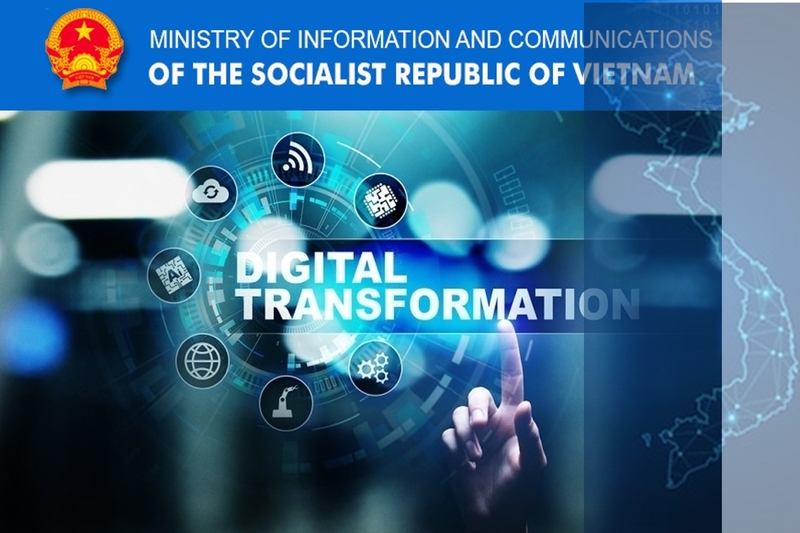
Vietnam has been eager to reinvent itself and key among its strategies is their digital transformation. The nation is are keenly aware of the decisive role perception plays in this.
Digital platform development is a breakthrough solution to promote faster digital transformation, reduce costs and increase efficiency. The country also recognises that people are at the centre of digital transformation and that institutions and technology are the driving force of digital transformation.
According to the report “Southeast Asia’s Digital Economy 2019”, Vietnam’s digital economy was valued at $12 billion in 2019. Over the past 5 years, Vietnam’s e-commerce market grew by over 25% per year. Vietnam’s digital economy is forecasted to contribute 5% to the country’s GDP and is expected to reach $43 billion by 2025.
Vietnam has made tremendous strides in its digital economy and tech-related industry and the country has managed to attract many big investors including numerous tech giants. The overall number of ICT firms in Vietnam (both domestic and foreign-invested) are a staggering 46,000 units. Vietnamese ICT industry’s revenue in 2019 was US$ 110 billion, the B2C e-commerce contributed about US$ 10.8 billion and the digital content industry’s revenue was pegged at US$ 850 million.
Much of the domestic revenue has been driven by a rapidly increasing national reliance on digital communication and internet-driven activity. Internet users account for nearly 80% of the nearly 100 million total population and 57% use social networks. The total telephone subscribers are 129.49 million, of which 126.09 million were mobile subscribers. There are 16 million fixed broadband Internet subscribers and nearly 67 million mobile broadband subscribers.
Another aspect of the country’s strategy has been to create national, in-house capacity in an effort to reduce foreign dependence on expertise. Vietnam currently has 149 universities with faculties offering training courses in IT, electronics and telecommunications and information security. The number of ICT students graduating from universities and colleges annually is estimated at 50,000 people.
Early this year, on June 3, 2020, the Prime Minister approved the National Digital Transformation Programme which is moving Vietnam towards a new development space – digital economy, digital society, e-government, opening up great opportunities for Vietnam. The NDTP has ambitious targets for the next 5 years and prioritises digital transformation in the fields of health, education, finance – banking, and agriculture.
By 2025, the programme is looking to drive Vietnam into the 50 leading countries for IT development. Strategies have been put in place to ensure Vietnam’s digital economy accounts for 20% of the nation’s GDP. As part of the inclusive and comprehensive growth plans, the programme aims to have 50% of the population have electronic payment accounts. To do this, the country plans to ensure that 80% of households are covered with broadband fibre optic cable connectivity and that every citizen to have a smartphone.
Targets to 2030 are even more aspiring and Vietnam wants to be in the group of 30 leading IT countries in the world, universalise fibre and 5G cables, have 100,000 digital technology businesses and have digital technology human resources of 1.5 million people.
The Ministry of Information and Communications is promoting Vietnam’s digital transformation process, bringing together Vietnamese digital technology businesses to form a large community to perform a national digital transformation, creating digital life and a driving force for the country’s socio-economic development.
OpenGov Asia has been regularly reporting on Vietnam’s digital journey and recently chronicled the nation’s telecom decisions that paved the way for digital growth.
With a focus on becoming the best place for technology firms, Vietnam has made an intentional shift from doing outsourcing to making its own products. A part of its digital infrastructure creation, the nation plans a second software park in Da Nang.
Vietnam is taking the security of its digital landscape seriously and has taken significant steps to safeguard itself including cooperation with regional partners. Most recently the Vietnamese Ministry of Public Security and the Singaporean Ministry of Communications and Information held a virtual ministerial meeting to discuss bilateral cooperation on cybersecurity.
















